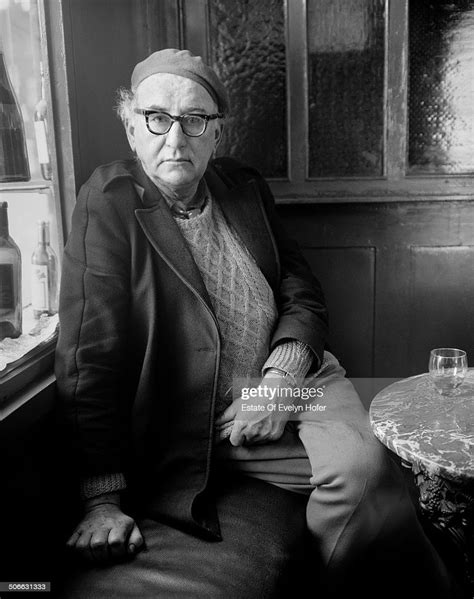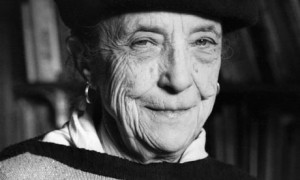A Quote by Richard Brinsley Sheridan
Through all the drama - whether damned or not - Love gilds the scene, and women guide the plot.
Related Quotes
Once for all, then, a short precept is given thee: Love, and do what thou wilt: whether thou hold thy peace, through love hold thy peace; whether thou cry out, through love cry out; whether thou correct, through love correct; whether thou spare, through love do thou spare: let the root of love be within, of this root can nothing spring but what is good.
Whether it's one scene or 15 scenes in a film, whether it's the lead or a cameo part, if I don't find it interesting, I tend not to do it. You never really know what it is. It could be a one-scene part. I remember I read the one scene in Crash and was asked to do it. I was like, "Absolutely!" There's no formula for how something has to be. I always try to keep it that way.
The earliest influence on me was the movies of the thirties when I was growing up. Those were stories. If you look at them now, you see the development of character and the twists of plot; but essentially they told stories. My mother didn't go to the movies because of a religious promise she made early in her life, and I used to go to movies and come home and tell her the plots of those old Warner Brothers/James Cagney movies, the old romantic love stories. Through these movies that had real characters, I absorbed drama, sense of pacing, and plot.
I'm in an odd place right now in New York where I routinely get trashed by every daily drama critic and have a few allies among weekly/monthly drama critics, and you sort of plot these things out and figure it out. But it's just what any writer goes through, periods of favor, periods of disfavor. And the trick is just to keep writing and to not let an obsession.
Having written both comedy and drama, comedy's harder because the fear of failure's so much stronger. When you write a scene and you see it cut together, and it doesn't make you laugh, it hurts in a way that failed drama doesn't. Failed drama, it's all, 'That's not that compelling,' but failed comedy just lays there.
Women had to work like slaves in the art world, but a lot of men got to the top through their charm. And it hurt them. To be young and pretty didn't help a woman in the art world, because the social scene, and the buying scene, was in the hands of women - women who had money. They wanted male artists who would come alone and be their charming guests. Rothko could be very charming. It was a court. And the artist buffoons came to the court to entertain, to charm. Now it has changed, now the younger men are in - older women and younger men.






































